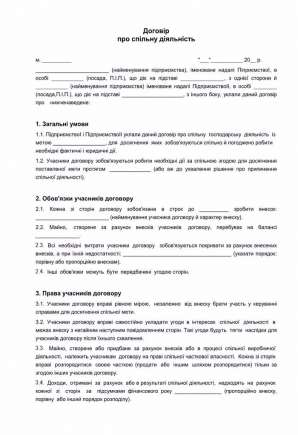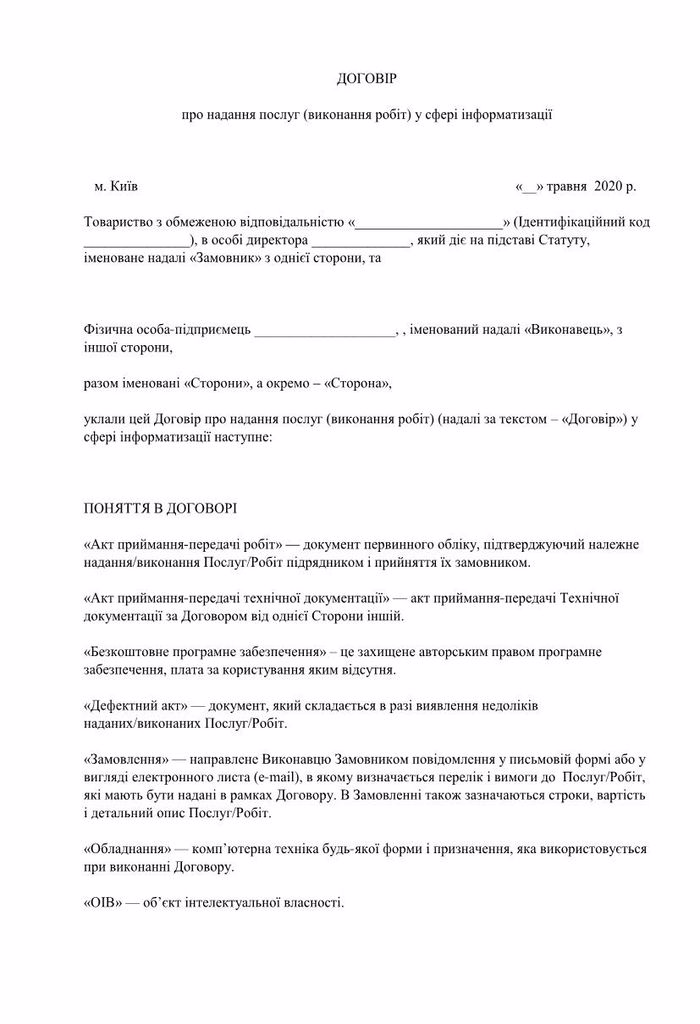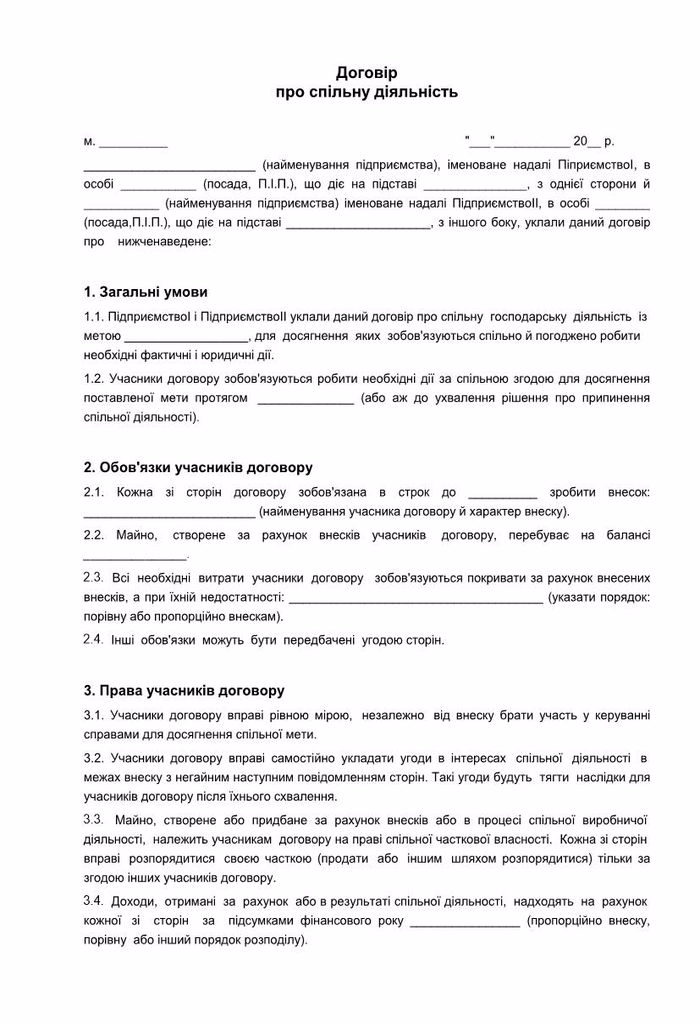Protecting the rights of a startup founder in Ukraine
Cost of services:
Reviews of our Clients
... our work on joint projects assured us of your high level of professionalism
Every startup, as it grows and evolves, will inevitably encounter various legal challenges along the way. However, a key element of ensuring a startup's stability is safeguarding the rights and interests of its founders.
Of course, when you first come up with an idea, protecting your legal rights is likely not at the top of your mind, as you're focused on pressing needs like securing funding, building a minimum viable product (MVP), or pitching the idea to investors. Typically, concerns about founders' rights and interests come into play when there's a clear understanding of project financing or when there's a viable idea or product that can be presented.
We recommend that founders proactively consider their interests from the outset. Here's why:
- Missing the right moment to address legal rights can result in missed opportunities for resolution.
- Creditors or stakeholders may prioritize their own interests over founders' rights.
- It's easier to establish legal frameworks and agreements at the start, rather than trying to do so after the business is already up and running.
So, how can startup founders protect their rights and interests? We’ll provide some practical tips that can improve their chances based on our experience.
You may also like: Creating Startup Agreements in Ukraine
The idea is not protected: how to protect core acts - intellectual property?
When it comes to startups, which are all about creating innovative products or services. So, it's crucial to understand that the real value lies in the intellectual property generated during the startup journey.
As a general rule, which is implemented in the legislation of almost all countries in the world, an idea itself is not protected as an object of intellectual property. Therefore, the idea needs to be "materialized" into the corresponding object of intellectual property and obtain protection.
For instance, if you're developing a computer program, you need to safeguard the code. If you're involved in cutting-edge biomedical research, you should consider patenting your findings. Intellectual property is often the most valuable asset of a startup, if not the most valuable. That's why it's important to proactively take care of protecting your intellectual property rights from the very beginning of your project.
You may also like: Securing Your Startup's Unique Ideas and Products in Ukraine
Corporate structuring as a mechanism for protecting rights
Many founders make the mistake of only establishing the legal structure when seeking investment. However, our legal experts advise that it's best to plan and implement the legal structure right from the early stages of your startup. You can start by addressing the following issues:
- Distribution of rights and responsibilities among startup participants
- Allocation of ownership stakes and decision-making authority
- Formation of assets for the startup.
Once you've answered these questions, you'll have a checklist of issues that need to be sorted out. It's advisable to seek legal consultation and assistance with structuring, as every case is unique and may have specific nuances.
Based on our practical experience, here are two contrasting examples. An IT freelancer in Ukraine had a close collaboration with an IT company. During discussions with friends, he came up with an idea for an online platform for IT education. After reviewing all the documents, contracts, and nuances of the idea, the decision was made to initially use a sole proprietorship to implement the project, and eventually transition the business to a limited liability company (LLC) as it grows over time.
On the other hand, we had developers who came to us with an idea for a software product. They needed to attract investment at a particular stage, so we structured the startup as a limited liability company (LLC).
The approaches and methods can vary depending on the situation. However, establishing a legal structure for a startup, just like any other business, is crucial, and the earlier these processes are initiated, the better it is for the startup's prospects.
You may also like: Individual Entrepreneur vs Gig Contracts in IT: Which One to Choose?
Contractual instruments to protect the rights of a startup founder
When developing a startup, founders should proactively use agreements to protect their rights and establish clear terms with other parties. The absence of proper agreements can result in negative consequences for the startup. Therefore:
- If you're borrowing funds, make sure to have a loan or credit agreement in place.
- When dealing with shareholders or company members, consider a shareholders' agreement, a partnership agreement, or a cooperation agreement to outline roles and responsibilities.
- For hiring employees, use employment agreements; for freelancers, use service agreements or work agreements; for gig workers, use gig agreements, and so on.
- If you're renting premises or equipment, establish a lease agreement.
- Always have appropriate agreements in place with customers and clients to ensure clear expectations and legal protections.
In an agreement, it's important to prioritize the best interests of the business and strive for favorable conditions. Our legal team is ready to assist you in properly drafting any type of agreement.
You may also like: Software Rights for IT Startups in Ukraine
Financial instruments to protect the rights of a startup founder
In today's financial landscape, there are various options and strategies available to protect the rights of startup founders. These include:
- Risk insurance, which is widely utilized in Europe and the United States.
- Creating companies in favorable jurisdictions for efficient fund management.
- Tax optimization strategies.
- Asset diversification ans so on.
The choice of financial instruments for planning and structuring depends on the business development trends and the founders' vision. Our experienced legal team is ready to provide expert advice and assistance in optimizing tax liabilities and establishing overseas companies for your business.
For instance, recently, a French entrepreneur sought to attract Ukrainian IT specialists to his project. After careful negotiations, it was decided to establish a company in Ukraine to receive funds for covering employee expenses.
You may also like: Taxation for Residents of Diia City
Recommendations from lawyers for startup founders in Ukraine
For startup founders in Ukraine, it's crucial to take a comprehensive approach to protect their rights and interests. This means combining various legal methods mentioned above and building a viable business model that enables growth and scalability.
However, it's important to exercise caution and apply comprehensive procedures only when proper business planning is in place. Otherwise, inappropriate use of certain legal processes could have detrimental consequences for the startup. For instance, obtaining a patent at the early stage without adequately developing the corresponding startup work may result in the founder being left with just a patent, without a functional business.
On the other hand, not securing a patent for a particular invention can allow you to operate without hindrance until competitors start the patent process. However, this may also require you to fight for your rights and allocate additional resources.
It's important to understand that startups are always associated with risks and challenges that can be mitigated with timely legal assistance.
You can find out the cost of services for startups here.
If your startup or business requires comprehensive support, feel free to reach out to us!
Our clients







